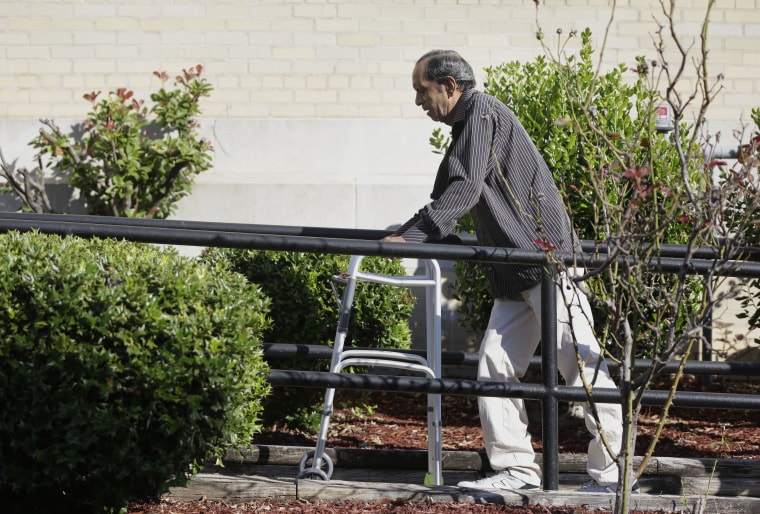Many of us have been closely following the case of the police officer whose encounter with a grandfather taking a walk around his son’s Madison, Alabama, neighborhood left the grandfather partially paralyzed.
Although a jury will ultimately determine the facts, media reports about the incident and the jury trial indicate that even fellow police officers did not believe that Sureshbhai Patel, a 57-year-old man from India who repeatedly said “no English” when confronted, was engaged in any criminal or threatening behavior when an officer physically forced him to the ground.
"Courtrooms, law firms, and law schools need to be filled with people with different experiences and from a wide variety of backgrounds so that all of us can better understand and respect the diversity of the American public."
Yet earlier this week, a defense attorney in the criminal trial of the officer is reported to have told the jury, “When you come to the U.S., we expect you to follow our laws and speak our language,” and that “Mr. Patel bears as much responsibility for [his partial paralysis] as anyone.”
Like my own immigrant grandparents, Mr. Patel speaks very limited English. His grandson, for whom he was providing some caretaking prior to his injuries, is growing up—like I did—in a household where multiple languages are spoken. In fact, more than 60 million Americans live in such homes, and nearly one out of 12 Americans, or over 25 million, are limited English proficient. In the Asian Pacific American community, which includes my own family and Mr. Patel’s family, approximately one out of four individuals, or about 4 million people, are limited English proficient.
As an American, I believe all of these people—regardless of whether they speak English or not—are entitled to fair and equal protection under the law. And as a lawyer, I believe we have a special duty to uphold these principles. A person should not be criticized in court because he or she does not speak English. When this happens, these principles of tolerance and equality, which are founding ideologies of our country, are rejected.
As the president of an association of lawyers that advocates for equity and inclusion, I look to the courts to adjudicate matters fairly and without bias. Lawyers have a responsibility to defend their own clients’ interests, but we also serve as officers of the court and bear a responsibility for upholding basic principles of fairness and equality. Attorney Robert Tuten’s courtroom remarks, which implied that Mr. Patel should be blamed for the use of force against him because he does not speak English, were disappointing. Trial attorneys should be zealous in their representation of clients, but such remarks are counter to our nation’s principles of tolerance and diversity when they fuel anti-immigrant and xenophobic sentiments in the hopes of swaying a jury.
"As an American, I believe all of these people—regardless of whether they speak English or not—are entitled to fair and equal protection under the law."
Remarks like these underscore the need for increased diversity and inclusion within the legal profession. Courtrooms, law firms, and law schools need to be filled with people with different experiences and from a wide variety of backgrounds so that all of us can better understand and respect the diversity of the American public and foster a sense of cultural humility, tolerance, and respect in the legal profession for everyone who may enter the courtroom or engage in any part of the American legal system.
Lawyers have a special role in preserving the principles of tolerance and respect as we carry out our duty of ensuring equal justice under law. We believe in giving the powerless an equal voice, and we believe in fairness. Our legal profession is better than this, and we must act better than this for the sake of our nation.
George C. Chen is the president of the National Asian Pacific American Bar Association.
